Falljökull Glacier by Emily Sillett
Whether on group tours, self-guided itineraries, or customized tours, travelers have a responsibility when venturing abroad. As an individual, there are many sustainable practices that a traveler can follow to mitigate negative impacts on destinations. Bring your own water bottle? Check. Find an eco-friendly hotel? Check.
But what if you’re looking for a group tour where all the planning is done for you? When considering a tour operator, it is essential to look for companies that put responsible traveling into practice.
These practices should respect local people, culture, and the environment. But what specifically should a traveler be on the lookout for in a responsible tour operator?
Here are 5 ways to vet a responsible tour operator:
Commitment to Sustainability
Carbon-based fossil fuels produced by planes, cars, and trains are a big source of greenhouse gas emissions. The truth is that travel contributes to this. Nevertheless, responsible travel companies will find ways to reduce and compensate for participation in greenhouse gas emissions, like planting trees, administering funds towards pollution-reduction programs, or choosing activities that involve renewable energy.
That’s why you should choose a tour operator that provides sustainable accommodation options. Because hotels notoriously contribute to pollution and water overconsumption, sustainable accommodation is essential in reducing damage to the local communities.
Lake Wanaka in New Zealand
Look for locally-owned boutique hotels and B&Bs, especially those that reduce single-use plastic, utilize renewable energy, reduce water consumption, and implement energy efficiency.
Also look for responsible tour operators that provide sustainable travel experiences. Whether this is immersing yourself in the nature of Costa Rica, or the natural wonders of New Zealand, look for companies that commit to conservation efforts in the destination country.
If going on a water-based trip, look for tours that take into consideration ocean conservation practices and educational programs regarding the preservation of fauna and flora.
Beware of “greenwashing,” when businesses use buzzwords to look sustainable and responsible, when in fact, they use this eco-language simply as a sales tactic. Never be afraid to ask questions for clarity, and if the operator is indeed sustainable, they will be transparent!
Commitment to Social Justice
Cleaning the Croatian Coast by Vierra Reid
Any responsible tour operator should involve the local community in their itinerary. There are so many organizations looking to bring both employment and pride to the local economy, benefiting vulnerable populations. Take a look at these businesses in Cambodia, where at-risk youth learn valuable career skills such as cooking or hairdressing.
Or take a visit to a women’s Berber textile co-op, which supports the craftsmanship of indigenous communities. Another example would be a street art tour through Lisbon, which showcases how street art has filled the community with creativity and progress.
One caveat to avoid is voluntourism. While it may seem these are positive opportunities to “give back,” the reality is that most of these volunteering organizations are not legitimate. They tend to put children at risk and undermine local workers solely for profit.
When vetting a tour operator, ensure that any activities benefit the locals just as much if not more than the traveler. Look for organizations that follow principles such as ChildSafe.
Commitment to Animal Welfare
Monkey eating fruit in Ecuador by Stephanie Skeffington
Animal-related activities always seem like such an amazing experience when traveling; however, the general rule of thumb is to avoid any travel experience that includes any physical interaction or that affects the natural behavior of wild animals. Activities such as tiger temple visits, lion walks, and elephant rides come loaded with risk and ethical concerns.
There are many ways to enjoy nature, like a rainforest walk on designated trails with a local specialist guide or a trip to a botanical garden where birds and butterflies abound.
Commitment to Local Food Sourcing
Eating the Caribbean Rainbow in Dominica
A country’s cuisine is one of the best ways to experience a new culture. That’s why it is always important to incorporate local and seasonal food into your travels. Not only is this a great way to immerse yourself in the local culture, but it is also a great way to reduce your “food miles” and carbon footprint.
Many countries around the world practice “slow food” and “slow cooking,” instead of “westernized” or “fast-food” styles of eating. This movement falls along the lines of the “Slow Tourism” mindset, which looks to address how our society is governed by “time poverty” or focusing on quantity rather than quality.
Integrating a slow food mindset into the itinerary ensures that you’re supporting local agriculture and food traditions, while also literally slowing down on your travels to enjoy the company of your fellow travelers.
Additionally, implementing and incentivizing delicious and nutritious plant-based options in the traveler’s diet during the tour as well as minimizing food waste is an eco-friendly action that will definitely help make a difference.
Commitment to Sustainable Development
Many responsible tour operators don’t just look at individual trips as a one-off event, but rather the tourism industry as a whole and the power it can have for positive change around the world.
The UN has 17 different Sustainable Development Goals which were implemented to provide a better future for all. These range from climate challenges, inequality, poverty, injustice, and environmental deterioration, all of which have the potential to be mitigated through responsible tourism.
Learning to cook traditional Jordanian dishes
Here at Traverse Journeys, we incorporate sustainable development goals into our itineraries by:
Including cultural visits that provide an immersive and genuine experience that will prioritize and benefit local communities.
Incorporating eco-friendly and locally-owned accommodations rather than big chain hotels.
Providing dining experiences that follow local traditions and regional, seasonal ingredients. You might even get some hands-on cooking as well!
Incentivizing the use of reusable alternatives instead of single-use plastics like water bottles and bags.
Supporting local NGO and non-profit organizations created by and for the local communities that focus on issues that are important to them.
Finding a responsible tour operator is one step toward improving the impact of travel on the world. As individuals become more familiar and knowledgeable about the small actions they can take, together we can reduce our environmental footprint and better connect with local people in each destination.

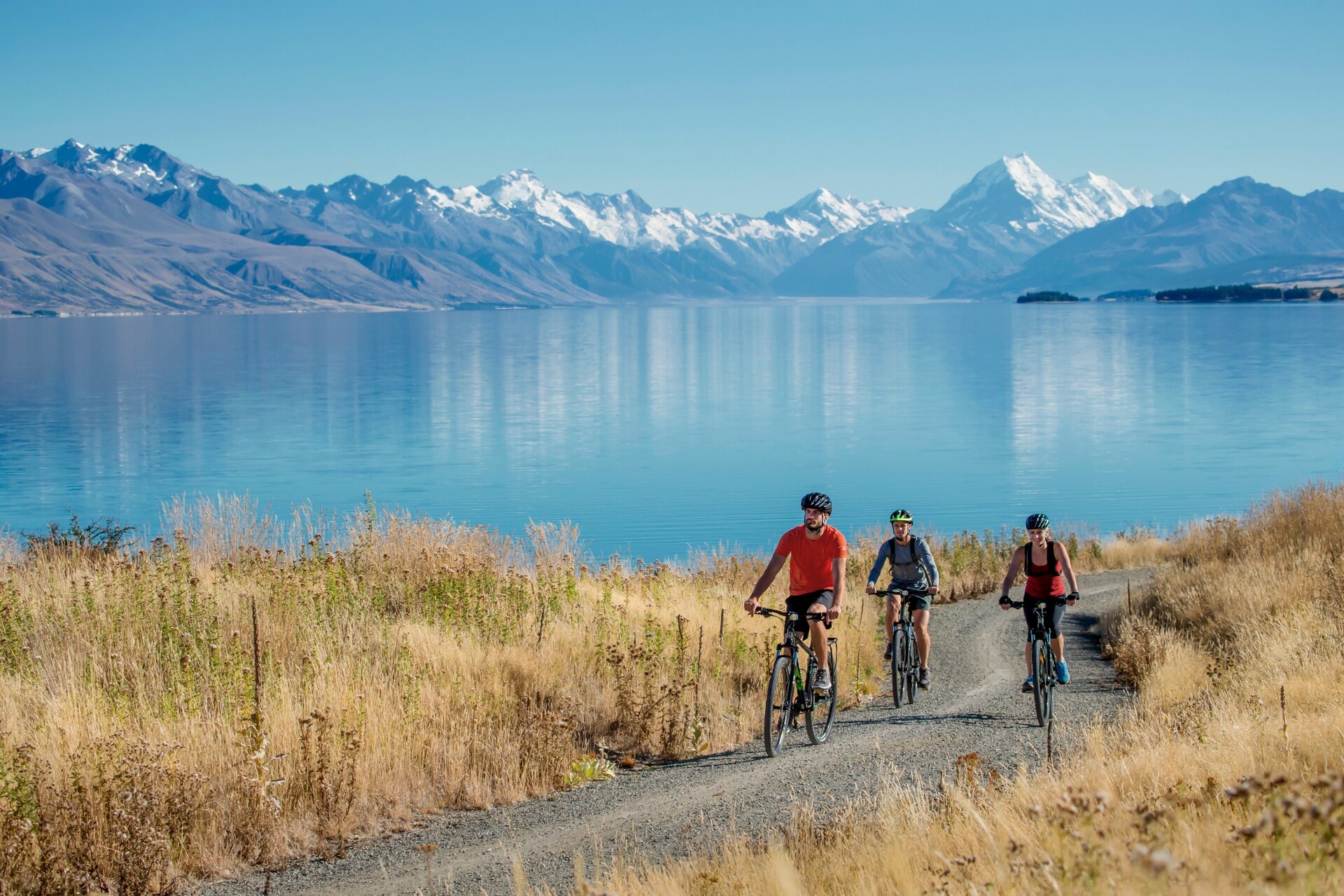








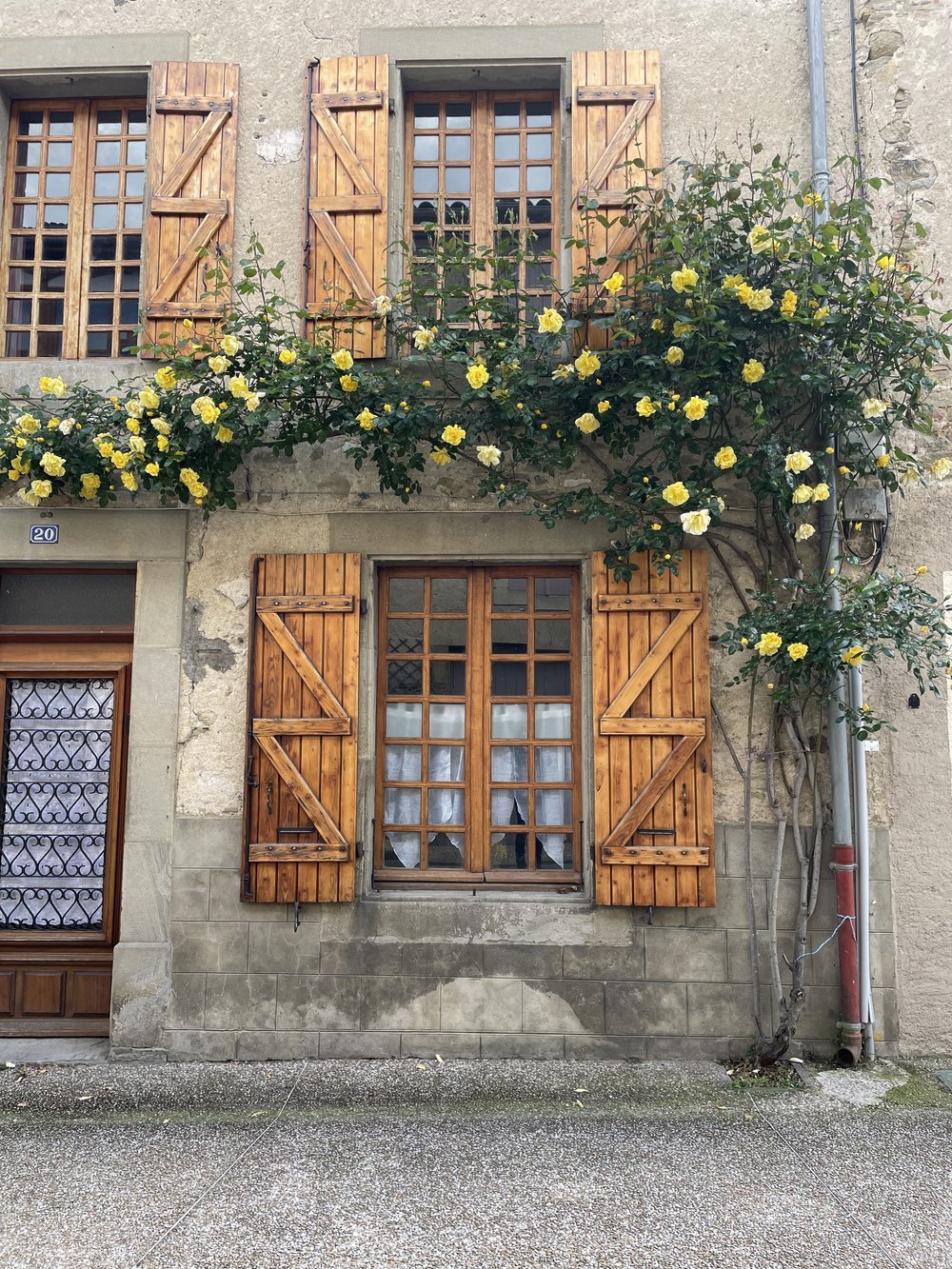

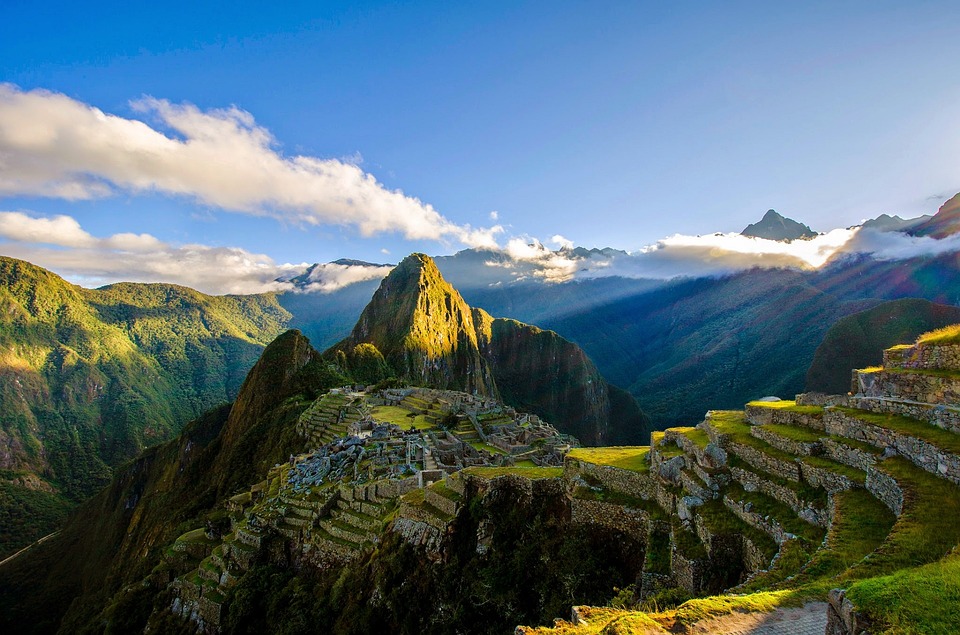

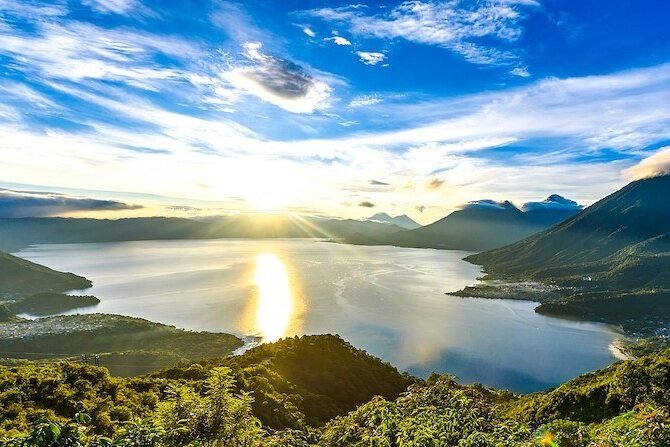


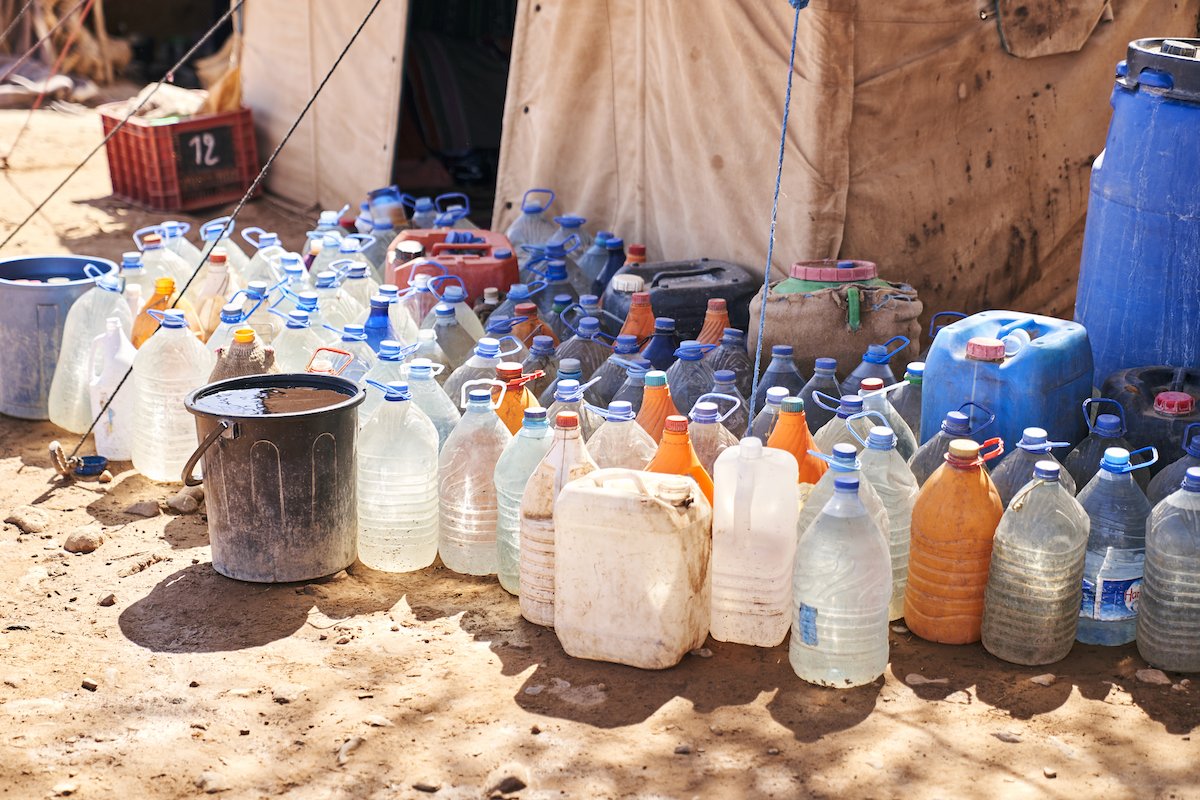
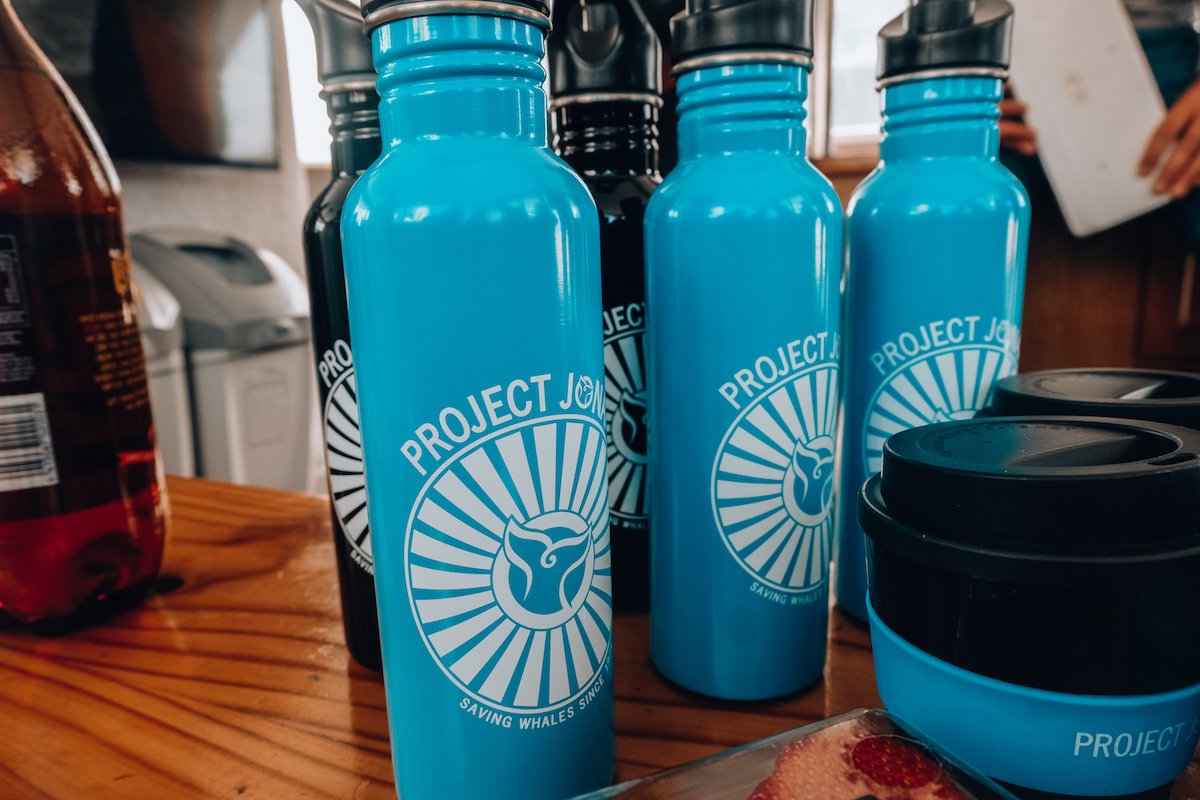


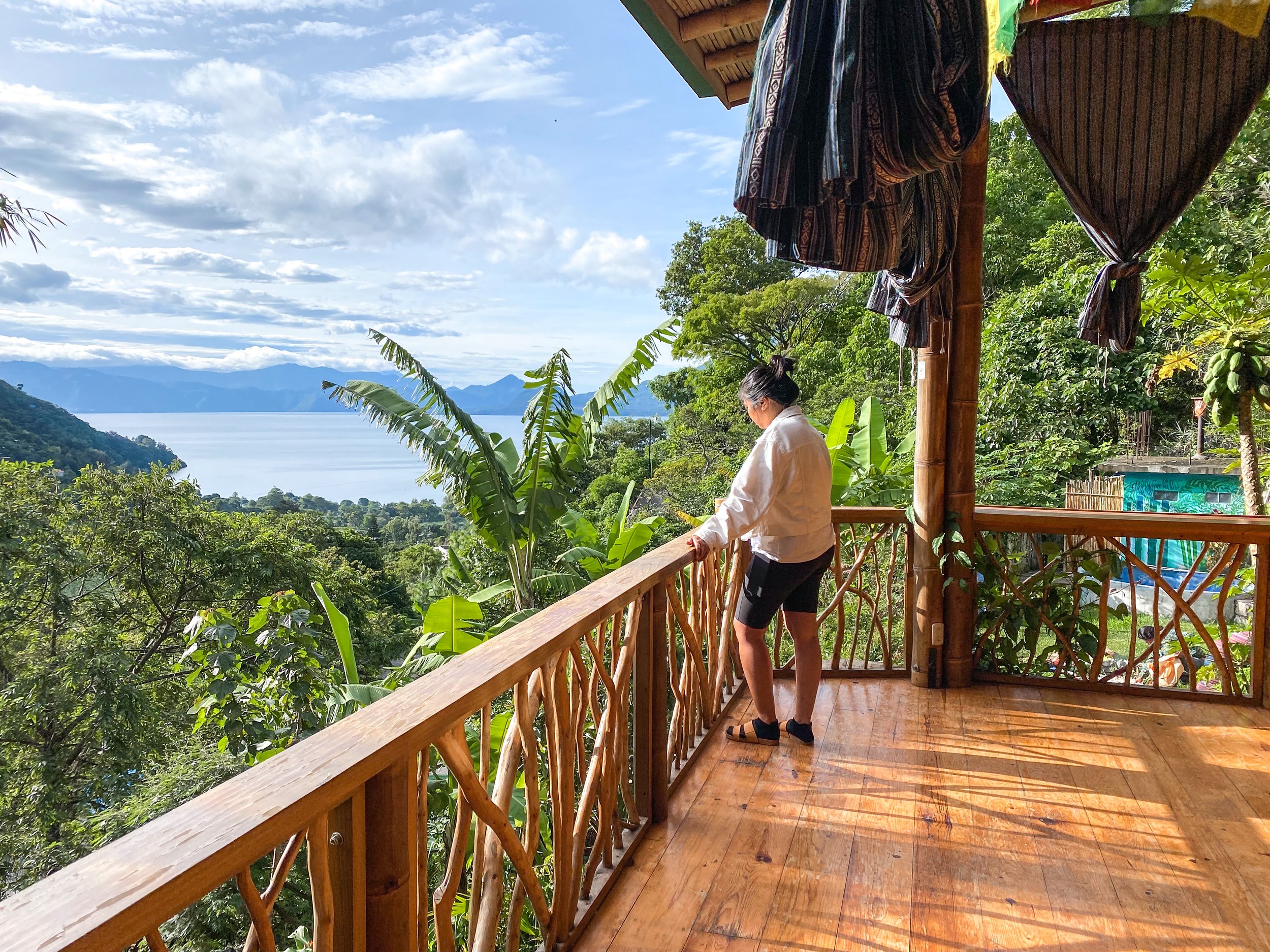

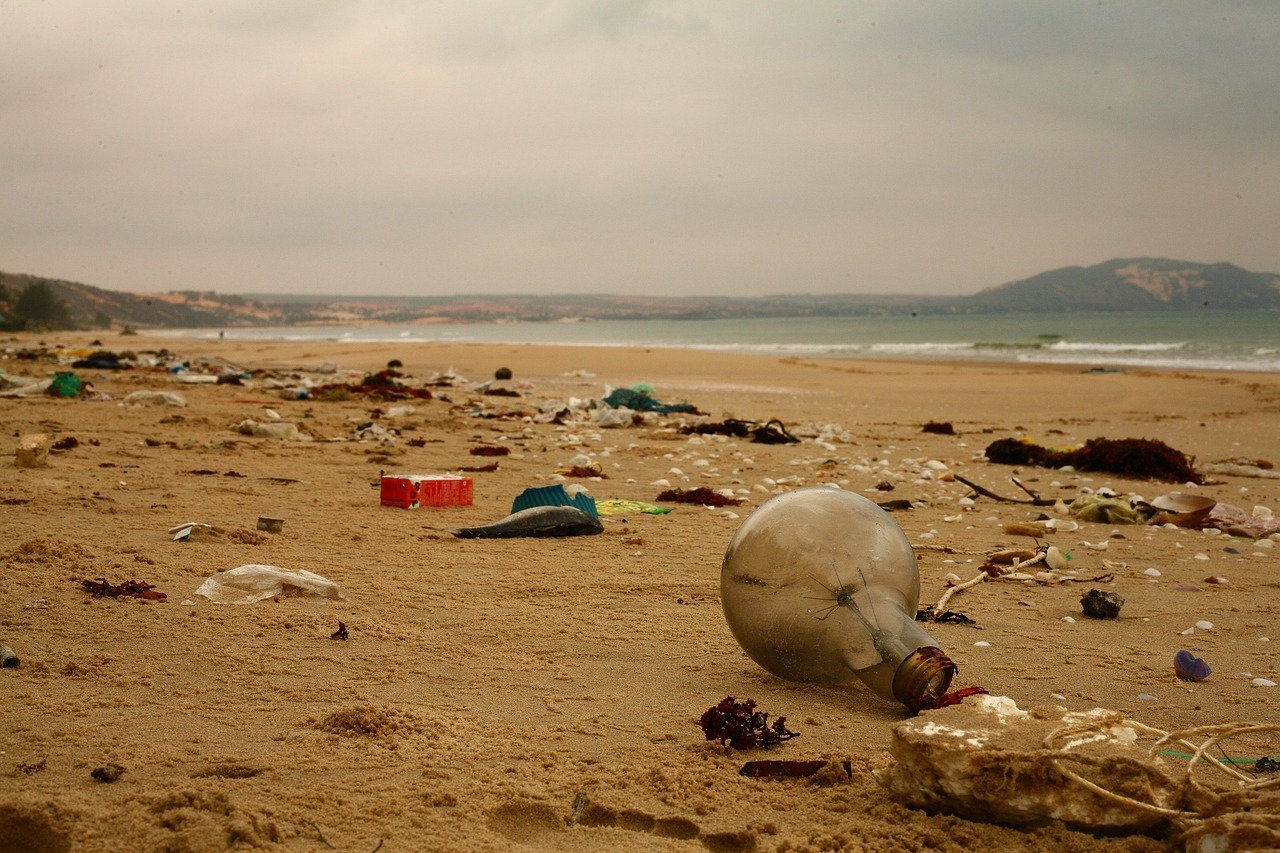





Traveling as a vegan or vegetarian may seem daunting at first, but it is definitely an experience worth taking. The diverse array of plant-based cuisine around the world offer unique culinary flavors, and it has become increasingly easier due to the to the growing awareness of ethical and environmental concerns. By selecting the right destination and immersing in the local food culture while embracing the vibrant flavors of plant-based cuisine, vegan and vegetarian travelers can enrich their travel experiences while staying true to their dietary values.